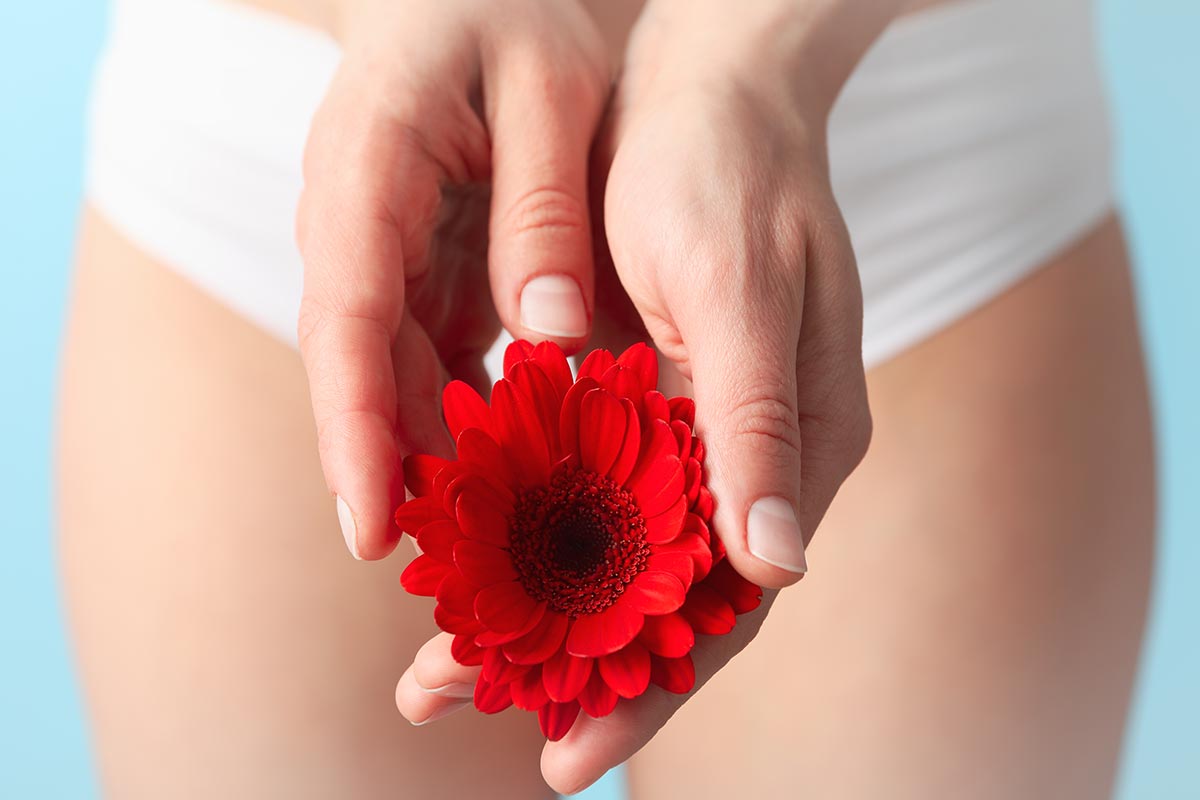All about Vaginal Health
Hello teens, while embracing a lot of changes in the puberty phase, it is very important for you to learn everything about your vaginal health and how to take care of it.
To get a better understanding of vaginal health, you must know what a vagina is. A vagina is the external part of the female reproductive system, seen next to the urethra that connects the cervix with the uterus. This part is also known as the birth canal.
During the puberty phase, many teen girls experience occasional itching around the vagina. This happens because your vaginal skin is very gentle and you need to care for it delicately. You must know that intimate hygiene is as important as showering daily. Ignoring vaginal health can cause discomfort and lead to infections.
Clothing: It’s best to wear cotton underwear as the fabric is non-allergenic and absorbent. It prevents dampness and the growth of bacteria. Tight undergarments don’t allow air to come into contact with the skin, and this may lead to irritation throughout the day. Also, sometimes lace or elastic may rub against the thigh folds and cause redness or irritation. Picking the wrong fabric or size is enough to irritate your skin and, at times, even lead to infections. If your underwear is causing you discomfort, discontinue it and switch to a soft, cotton one. However, if you have to wear one due to your outfit choice, make sure it isn’t worn for a long time and definitely not at night. Change your undergarments twice daily. You must also make sure that your underwear is nicely rinsed after every wash with detergent.
Try to wear loose-fitting pants; avoid leggings and other tight-fitting pants, as these types of outfits restrict breathability. They don’t allow airflow effectively. They heat up private parts and irritate the skin if you wear them for too long.
Hygiene: You can take a warm bath regularly, but avoid a hot bath. You must avoid using bubble baths, douches, perfumed creams, shampoos, or soaps on your vagina. While washing, you just have to let the water run down through your vagina. You must avoid pointing the water stream directly at it. Always clean it from front to back when you visit the loo, where there is no access to water. You should not wipe it from back to front as it can bring harmful bacteria from your anus to the vagina.
During your period, special attention has to be given to the vagina since it is more prone to infections during this time. At this time, you can use organic and natural bamboo sanitary pads as they are safe, fragrance-free, hygienic, and comfortable. Never keep the same sanitary pad on for more than four to six hours. Before changing pads, wash your vagina and pat it dry.
Relief from itching: Have an itchy vagina? This may be due to infections or excessive dryness. To treat this condition, wash your private area with lukewarm water every time after using the restroom and pat the area dry. The vagina is a naturally moist area with a natural, non-offensive odor. It is advisable to clean the area without causing excessive dryness. Instead of using chemical soaps, switch to pH-balanced female hygiene wash products or wipes.
Hydration: Be sure to drink sufficient water so that your body can flush out toxins and keep your vagina clean, healthy, and pH-balanced.
Vaginal care against yeast infection and bacterial Vaginosis:
Yeast infection: This is one of the most common infections. It is caused by a fungus called Candida, which is found in our bodies in small numbers. But it thrives in moist, warm, and airless conditions, which is what causes the infection. Most of the time, it is followed by a thick, white vaginal discharge. Itching and redness of the vulva are also symptoms. Therefore, clean, cotton garments are always recommended and are paired with organic bamboo sanitary pads while menstruating.
Bacterial vaginosis: Your vagina has friendly bacteria called lactobacilli, but when their number goes down, other infection-causing bacteria increase. This results in bacterial vaginosis. The symptoms of this infection include a whitish discharge, which can be clear or thick. While there is no itching or burning, there can be a fishy odour.
These infections are easily treatable with medication and lifestyle changes like wearing comfortable underwear, using unperfumed soaps, and keeping the vagina clean. But if you notice these symptoms, visit a doctor instead of self-treating with over-the-counter medication on your own.
We hope now you have learned everything about vaginal health and its care. Take good care of it and stay fresh and healthy.



